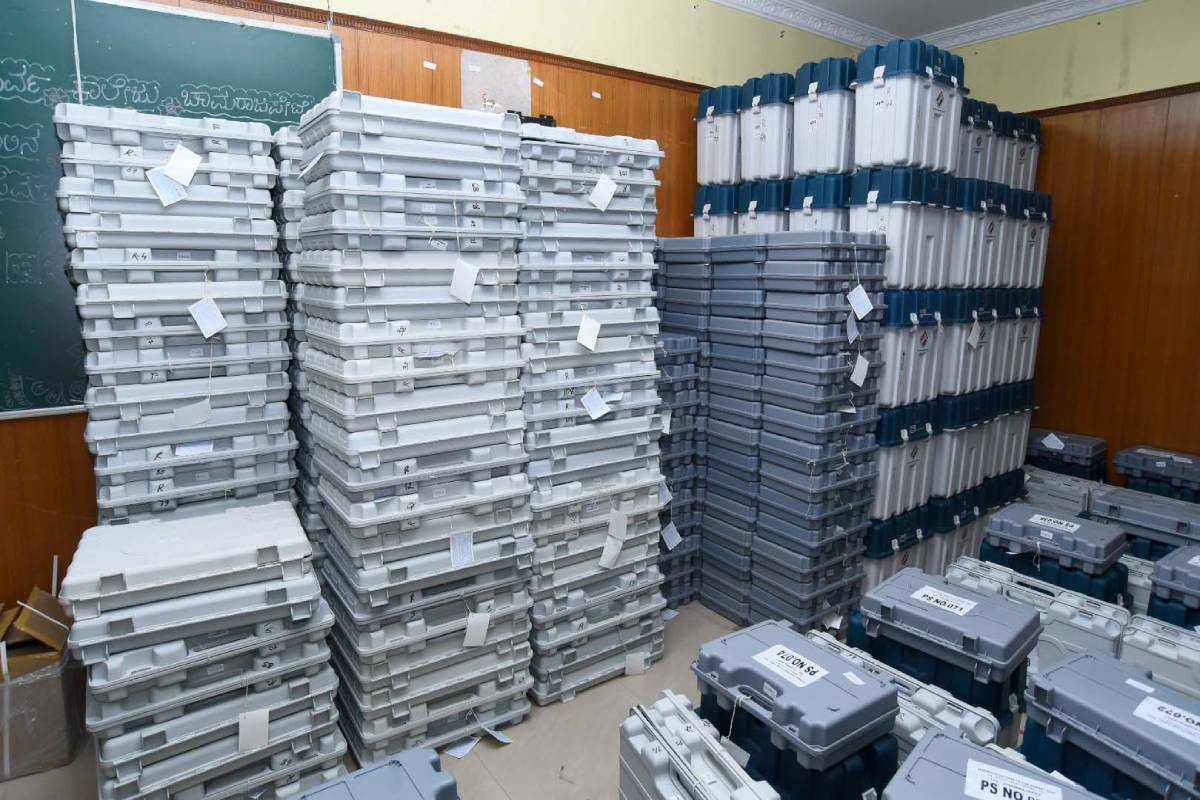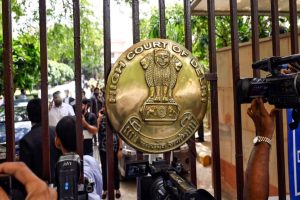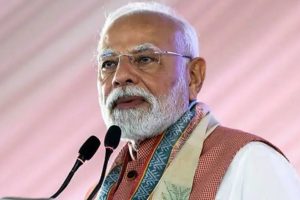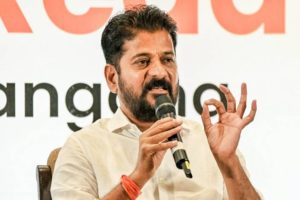Amid the Opposition’s allegations regarding Electronic Voting Machines after the Maharashtra polls in which the ruling Mahayuti alliance registered a landslide victory, state’s Additional Chief Electoral Officer Kiran Kulkarni has asserted that EVMs cannot be hacked.
He said that the chips used in the EVMs are one-time programmable, making tampering impossible.
“I say this with full responsibility, EVM cannot be hacked. EVM cannot be tampered with. There is a simple reason for this. First, it is a standalone machine …no connection with any network or outer gadget. So, hacking or tampering is not possible. Second, the chip used in it is one-time programmable, so there cannot be any reprogramming,” Kulkarni told ANI on Tuesday
He further said that there was no need for misunderstandings regarding EVMs since Election Commission of India (ECI) dictates a procedure that allows for matching of the Voter verifiable paper audit trail (VVPAT) count and votes a candidate has received through EVMs.
This process is observed to ensure there was no discrepancy in these figures, Kulkarni said, while adding that this procedure of comparing the number of votes through VVPAT slips and EVM votes is undertaken before the declaration of the final results.
“There seems to be a lot of misunderstandings among political parties and common citizens regarding EVM. But there is no need for such misunderstandings…When votes are counted and the counting of votes of all EVMs concludes, after that, before the declaration of the result there is a procedure which is prescribed by the Election Commission of India. The procedure says that a lottery is drawn by collecting numbers of all the polling stations in the Assembly constituencies. This lottery is drawn in the presence of the Observer and representatives of all candidates of political parties. Of these, 5 polling stations are selected and VVPAT machines for the 5 polling stations are brought to the counting area. In the presence of everyone, the VVPAT slips are taken out and counted. Which candidate got how many votes as per the slips is counted. This number is matched with the votes voted through EVMs. This is observed that there is no discrepancy in these two figures…The voting in Maharashtra Assembly elections was done in the proper manner by following proper procedure…” Kulkarni said.
Earlier, the Chief Election Officer (CEO) S Chockalingam on Tuesday rejected Opposition allegations regarding the legitimacy of Electronic Voting Machines (EVMs) in the Maharashtra assembly elections and said “no mismatch” was found between the Voter-Verified Paper Audit Trial (VVPAT) slips with their corresponding EVM numbers.
In a statement, the Maharashtra CEO explained that, as per the guidelines of the Election Commission of India, it is mandatory to count VVPAT slips from five randomly selected polling stations in each assembly constituency.
“VVPAT Slip count of randomly selected five polling stations per Assembly Constituency was conducted on November 23, during the counting procedure, in front of the Counting Observer / Representatives of Candidates. As per that, the slip count of 1440 VVPAT units from 288 Assembly Constituencies of Maharashtra State has been tallied with respective Control Unit data,” Chockalingam said.
“There is no discrepancy found between the VVPAT slip count and EVM Control unit count as per the reports received from the concerned DEOs,” Chockalingam added.
This comes after the Maha Vikas Aghadi (MVA) alliance partners raised questions about the legitimacy of EVMs following their defeat in the Maharashtra assembly election 2024.
The Mahayuti alliance, led by the BJP, secured a landslide victory in the Maharashtra Assembly elections with the BJP emerging as the largest party with 132 seats in the 280-member Assembly, while its allies–the Shiv Sena, led by Eknath Shinde, and the NCP, led by Ajit Pawar–won 57 and 41 seats, respectively.
However, the Maha Vikas Aghadi (MVA) suffered a major setback as Congress won only 16 seats, while its alliance partners, Shiv Sena (UBT) won 20 seats and the NCP (Sharad Pawar faction) secured just 10 seats.





